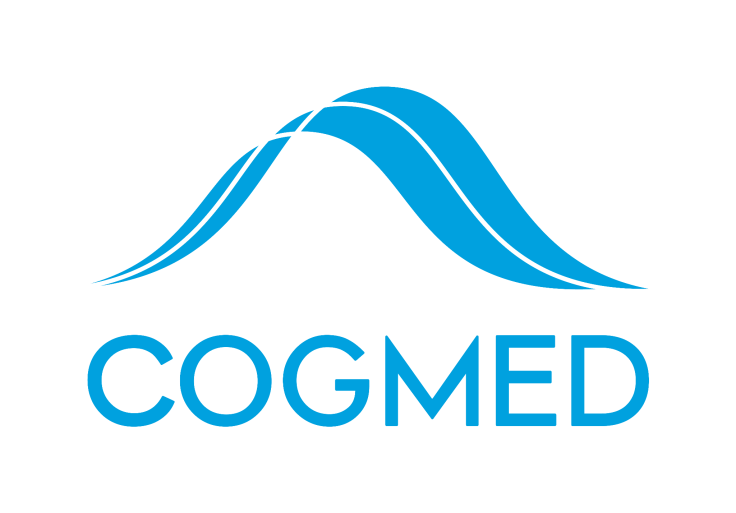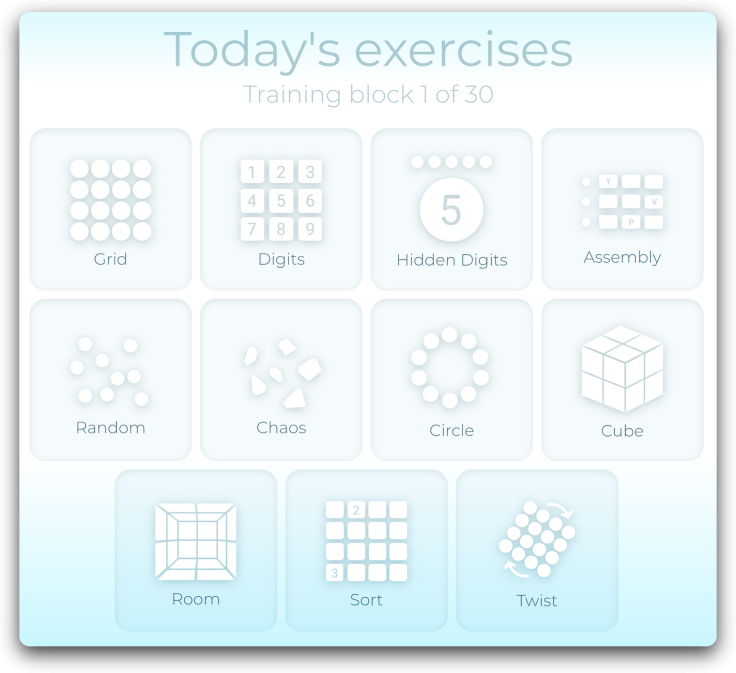Cognitive Renaissance: Groundbreaking Research Settles old Score and Brings Hope For Medical Conditions
Working memory, the neurological function mainly targeted by Cogmed and one of the core aspects of intelligence, is a versatile mental faculty aiding attention, mental calculations, language acquisition, and even entrepreneurship.

However, just like general intelligence, the capacity of working memory is also largely heritable, and has therefore traditionally been seen as fixed and not possible to influence.
But this notion was upended by a team of visionaries at the Karolinska Institute in the early 2000s. Their program, later dubbed Cogmed, initially targeted children with ADHD. The intervention was demanding, but the pay-off was profound—measurable enhancements in working memory and a reduction in ADHD symptoms.
These groundbreaking results reverberated through academia, prompting a rush of research and commercial endeavors.
By 2012, "brain training" had ballooned into a multi-million dollar industry. However, many of the new programs had dubious scientific backing and neglected the effort required from the participants, which was integral to Cogmed's success.
As focus shifted from modest claims and solid science, to bold promises and weak evidence, the resulting skepticism and dented reputations cast a shadow over cognitive training as a whole.
Serious researchers and clinicians now faced a dilemma: were they to continue using and developing cognitive training methods, taking the risk of wasting more resources on potentially futile research, or drop it, and risk leaving behind an effective remedy for prevalent medical conditions?
Luckily, several researchers understood the significance of the situation. They recognized the need to go beyond the simplistic question "does cognitive training work," as studies showed improvements in working memory but delivered conflicting evidence about the extent and duration of transfer effects. In response, they designed larger-scale and longer-term trials with broader outcome variables.
As results emerged, the consensus started tilting back towards the malleability of the mind, and with a better understanding of what specific aspects are required from a cognitive training program to get the positive effects sought after.
For example, in a recent paper in Nature by Ericson and Klingberg, it is shown that a full 66 percent of the improvement performance on the training task when using Cogmed stems from an increase in general cognitive capacity. It also shows how the effects ripple out to improvements in areas such as mathematics and instructional compliance.
Meanwhile, in Mainz, Germany, nearly 300 children underwent the Cogmed program, with a control group for comparison. The Cogmed group saw immediate working memory gains, and as time progressed, significant improvements surfaced in mathematics, reading comprehension, impulse control, and even fluid intelligence. Notably, four years post-intervention, students in the treatment group were 50% more likely than controls to be admitted to the advanced academic track.
And in the largest study yet, also published in Nature, researchers evaluated 17,000 students using Cogmed's working memory exercises and uncovered a near-linear relationship between working memory training and the pace of mathematical learning.
These are three examples from a wave of new research that has the scale and precision to give firm answers to hard questions, showing that Cogmed has an important role to play in several fields, in healthcare as well as in education.

In the current business climate, many startups in the field of digital therapeutics have seen a fast rise and an even faster fall, often losing 90 percent or more of their valuations. In this turbulence, Cogmed stands out with 20 years of experience, more than 200,000 interventions delivered to a loyal base in 50 countries, and a positive bottom line.
With a tail-wind of new clinical evidence from large scale trials, Cogmed transitions digital therapeutics from over-hyped novelty to a widely utilized, evidence-based resource. As the cognitive training field enters its renaissance, Cogmed stands tall, ready to redefine the industry's future.





















